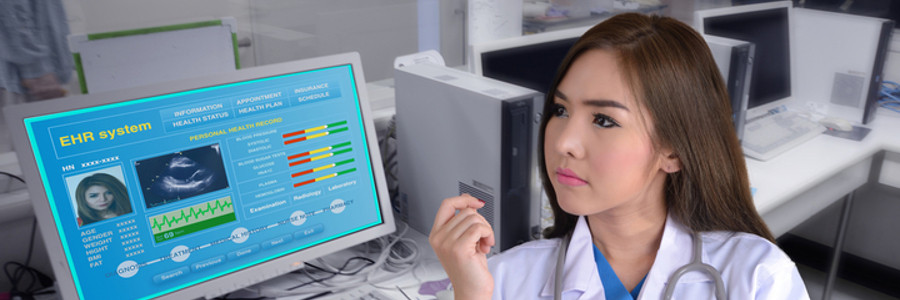Many healthcare providers have shifted to electronic health records (EHRs). Compared to paper-based systems, EHR systems offer greater information recency and accessibility to patient records. Before switching to EHR systems, your practice must first understand the following.
Are EHR systems better than paper-based systems?
The benefits and drawbacks of EHRs

Digitization is significantly changing the way healthcare organizations deliver care and services to patients. In particular, the use of electronic health records (EHRs) is improving the accuracy and accessibility of patient information. Despite this, the adoption rate of EHRs is still low and meets resistance from many healthcare providers.
4 Important details about HIPAA compliance

Medical records are extremely private and their exposure could lead to negative consequences such as social stigma and job discrimination. The Health Insurance Portability and Accountability Act (HIPAA) protects this information and grants patients the right to view their own health information so that they can enjoy more control over their care.
EHRs vs paper records: Which is better?
4 facts about HIPAA and your IT
What you need to know about EHR hardware

Adopting technology that efficiently stores customer information in one highly organized system used to be inconceivable for many businesses. But not anymore. For healthcare organizations, in particular, digitally collecting and storing patient data has become possible with EHR.
EHR stands for “Electronic Health Record,” and a lot can go into getting your practice ready for one of these data-sharing, network-connected, enterprise-wide information systems.
Is EHR useful?
Is the future of the healthcare industry digital? Experts see no other way forward, as demonstrated by the popularity of electronic health records. However, critics of this new recording process have pointed out major flaws that aren’t present in its traditional counterpart: paper-based recording.
4 facts about HIPAA and your IT

While HIPPA’s implementation in relation to technology has been problematic to say the least, things have become much clearer over the course of the past year. However, there are still a few areas in which your office might not be compliant. This isn’t necessarily through negligence on your part, but rather simply a lack of understanding as to the requirements.



